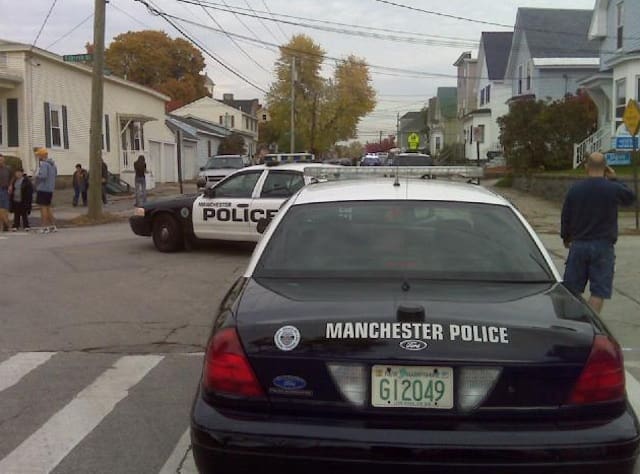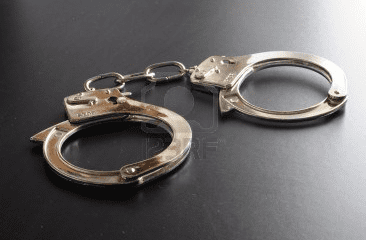Maine’s Manchester Union Leader is attempting to hold the Hillsborough County Sheriff Department’s feet to the fire for its failure to remove firearms from a man they were ordered to disarm. On October 20, 2009, the Department arrested Manchester resident Jonathan Charbonneau for nearly strangling his wife to death. “The next day, two Hillsborough County Sheriff’s deputies served him with a restraining order. That order required Charbonneau to turn over all deadly weapons to the deputies. The deputies were supposed to confiscate any weapons right then and there. They didn’t. They left, and Jonathan Charbonneau maintained possession of his hunting rifle. The next day he shot his wife to death with that rifle.” And wounding his father-in-law. And killing himself. “Four days later, Hillsborough County Sheriff James Hardy released a statement saying, ‘I am actively reviewing this agency’s involvement, actions and the circumstances related to the matter involving Jonathan Charbonneau.’ Two months later, Hardy said his review was expanding to include a review of protective orders in general and would be done in a few weeks. Since then? Nothing. The public has not heard a peep out of the sheriff about that incident.” The Leader calls for the Sheriff’s report. Meanwhile, over in Iowa . . .
Iowa recently enacted Senate File 2357, which “prohibits a person who has been convicted of a domestic abuse crime, or is subject to a permanent civil protective order, from possessing firearms or other offensive weapons.”
According to state records (pdf here), the courts issued 23,366 Domestic Abuse No Contact & Protective Orders in 2006. The new law goes into effect July 1.
So-called gun rights groups opposed the legislation. Iowa Attorney General Tom Miller addressed their main concerns in his post-passage press release.
The law will only remove guns from domestic abusers, and only after a person is given notice and an opportunity to be heard in court. It will not take guns away from law-abiding citizens and, if a gun-owner has a no-contact order and then that order expires, then the person will be able to possess a gun again.
As always the devil’s in the details; how hard is it for an accuser to get a protective order? What happens to the guns if the order is reversed? And then there’s enforcement . . .




